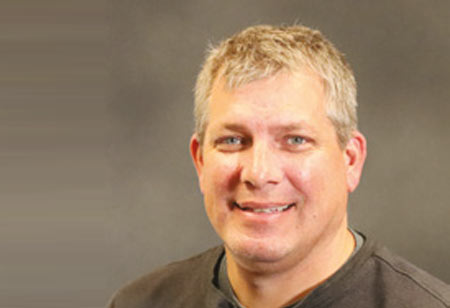

Thank you for Subscribing to Energy Business Review Weekly Brief

Jason Colbenson is a seasoned Manager of Quality Assurance at Dairyland Power Cooperative with over two decades of expertise in welding and fabrication. Certified by AWS and ASNT, he ensures compliance with industry standards and codes while spearheading comprehensive quality procedures. Jason remains at the forefront of industry advancements with ASNT NDE Level III certifications in MT and PT, along with a Level III certification through the American Society of Non-Destructive Testing. As a member of the Electrical Power Research Institute’s Boiler Reliability Interest Groups, he plays a crucial role in safeguarding the reliability and integrity of power generation operations.
Could you share some insights into your industry professional journey and current roles and responsibilities? My journey in the industry began when I pursued a two-year degree in non-destructive testing at Ridgewater College in 1997. Shortly after, I landed a job as an X-ray technician inspecting aluminum welds, primarily focusing on aluminum heat exchangers in the initial stages of my career. Subsequently, I pursued further education, earning a bachelor’s degree in industrial management from UW Stout in May 2009. Following that, I transitioned to Dairyland Power, a transmission and generation utility in the power industry. My tenure at Dairyland Power started as a Quality Assurance Technician. Over the years, I progressed to become a Quality Assurance Specialist before assuming my current role as a Quality Assurance Manager. I oversee various aspects of our operations, including managing our welding program for in-house operations at our power generation plants. Initially, we had seven units, but now we’re down to just one coal-fired unit. My key responsibilities include managing our National Board “R” stamp program for in-house weld repairs on our pressure vessels, boilers, and power piping. We undergo audits every three years for recertification, ensuring our quality system manual is current and compliant with industry standards. Additionally, I oversee our in-house boiler inspections and coordinate repair plans as needed, focusing on maintaining the reliability and integrity of our power generation operations.Over the past 15 years, Dairyland Power has transitioned from primarily coal-fired power generation, with seven units, to just one, alongside a growing demand for renewable energy sources like wind and solar power.
I agree We use cookies on this website to enhance your user experience. By clicking any link on this page you are giving your consent for us to set cookies. More info